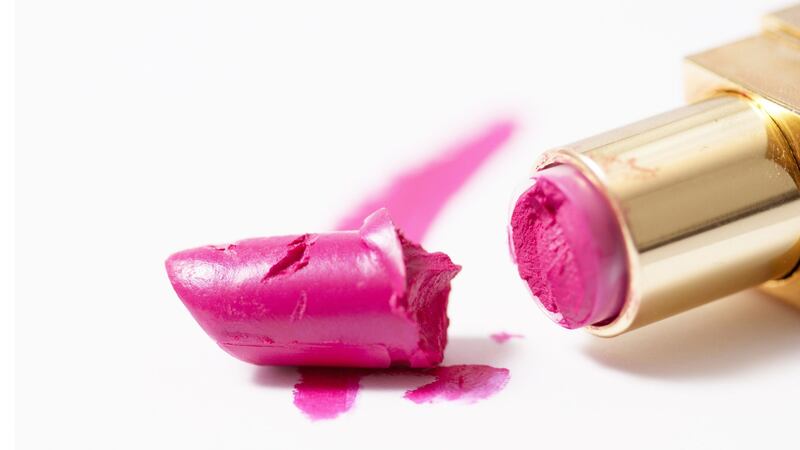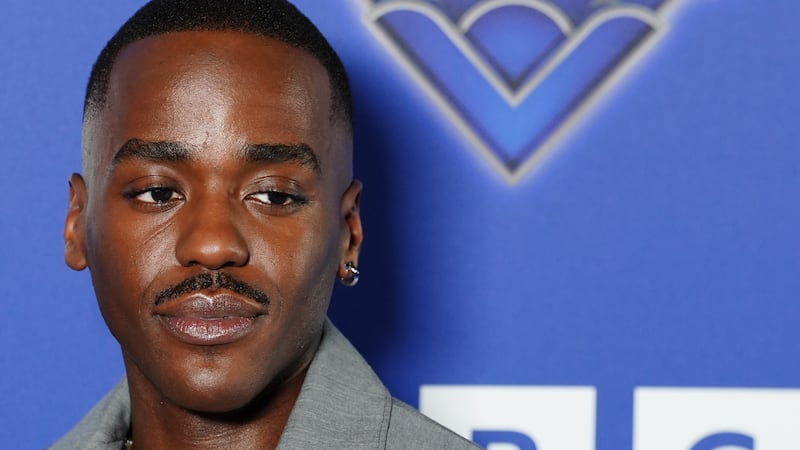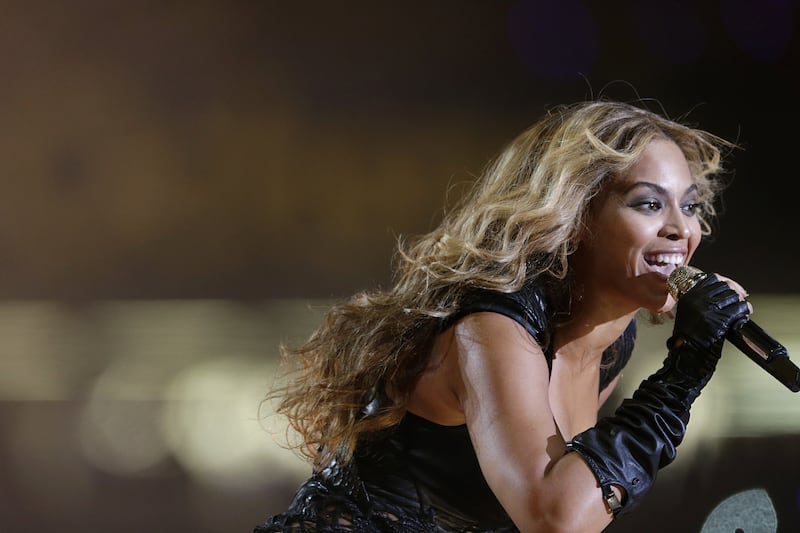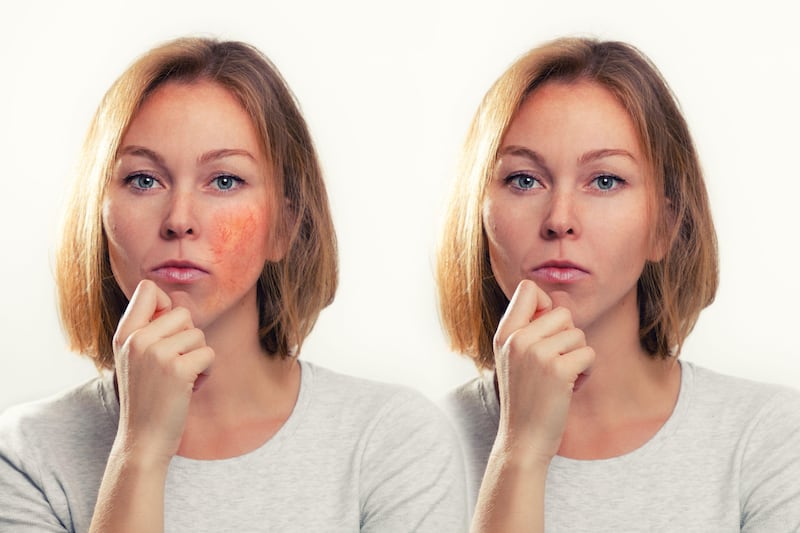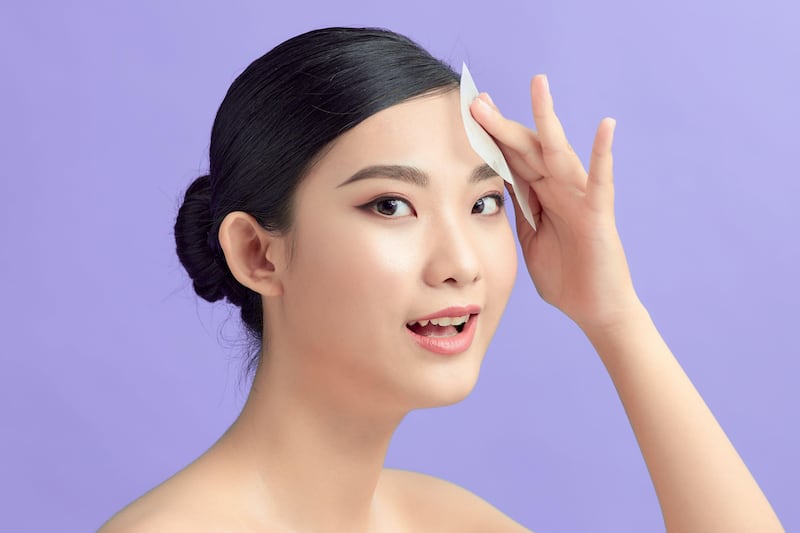K-Beauty – Korean Beauty – is one of the world’s biggest skin and make-up trends, as everyone wants to emulate the enviably bright and dewy look of South Korean women.
However, there is a growing backlash against extreme pressures to look perfect in South Korea. This has started manifesting itself on social media, with women smashing their make-up and cosmetic products.
K-Beauty is notorious for being labour-intensive and expensive. To achieve perfect “glass skin” and the desired pore-less complexion, you need to invest money in the right products and time into a multi-step regime. And now women are saying they’ve had enough.
This destruction of make-up comes as part of a wider feminist movement which has been nicknamed “escape the corset.” Women face pressures to look a certain way all over the world, but its intensity does seem to be heightened in South Korea – a place where there is such a focus on the aesthetic that you’re often asked to include a picture of yourself in job applications.
미련 남아서 갖고 있던 거 화장 버린 지 한 달 된 기념으로 드디어 부쉈다역한 냄새가 진동한다이딴 걸 바르고 다녔다니다들 탈코하자 사람 되자#탈코르셋#탈코르셋_인증 pic.twitter.com/bhi29Iralf
— 사람 (@Saram_Ipnida) October 19, 2018
The demands on women to conform to the South Korean ideal of beauty are intense, which perhaps explains why some estimates place it as the plastic surgery capital of the world.
It’s common to see adverts for plastic surgery clinics all over Seoul – some even sporting ominous captions like: “Everyone but you has done it.” In fact, there is a growing trend of gifting plastic surgery procedures to South Korean students upon their graduation from school.
The cosmetics industry is similarly huge, predicted to be eighth largest market in the world by export.gov and growing at an annual rate of 7.4 between 2012 and 2016.
Cha Ji-won is one of the women who has trashed her make-up in protest against these weighty expectations, telling the Guardian she would spend up to £70 a month on cosmetics, and adding: “There’s only so much mental energy a person has each day, and I used to spend so much of it worrying about being ‘pretty’.”
Destroying cosmetics isn’t the only way women are taking a stand in South Korea, which is experiencing something of it’s own #MeToo moment. Since public prosecutor Seo Ji-hyeon told the world she was groped by a former politician in January, many more women have been coming forward with their own stories.
Not only this, but Seoul saw a feminist rally of around 22,000 people in June, protesting the phenomenon of “molka” – spycams hidden in places like public bathrooms to take explicit footage of women without their knowledge.
However, it’s apparent there’s an uphill battle facing the women of South Korea. Earlier this year, a female news anchor wore her glasses on air and this caused a significant stir online – even though male anchors wear specs regularly, it’s not necessarily seen as the “done” thing for women.
In an interview afterwards, the Korean Herald reports Lim Hyeon-ju as saying: “I hope that people wouldn’t think that it is uncomfortable to watch a news presenter wearing glasses, just because that presenter is a woman.”
Chances are, the cosmetic industry won’t suffer much from the “escape the corset” movement. However, it’s opening up the conversations around the expectations placed on women, and how toxic this need to conform can be. This is only a start, but it’s an important one for the women of South Korea.
